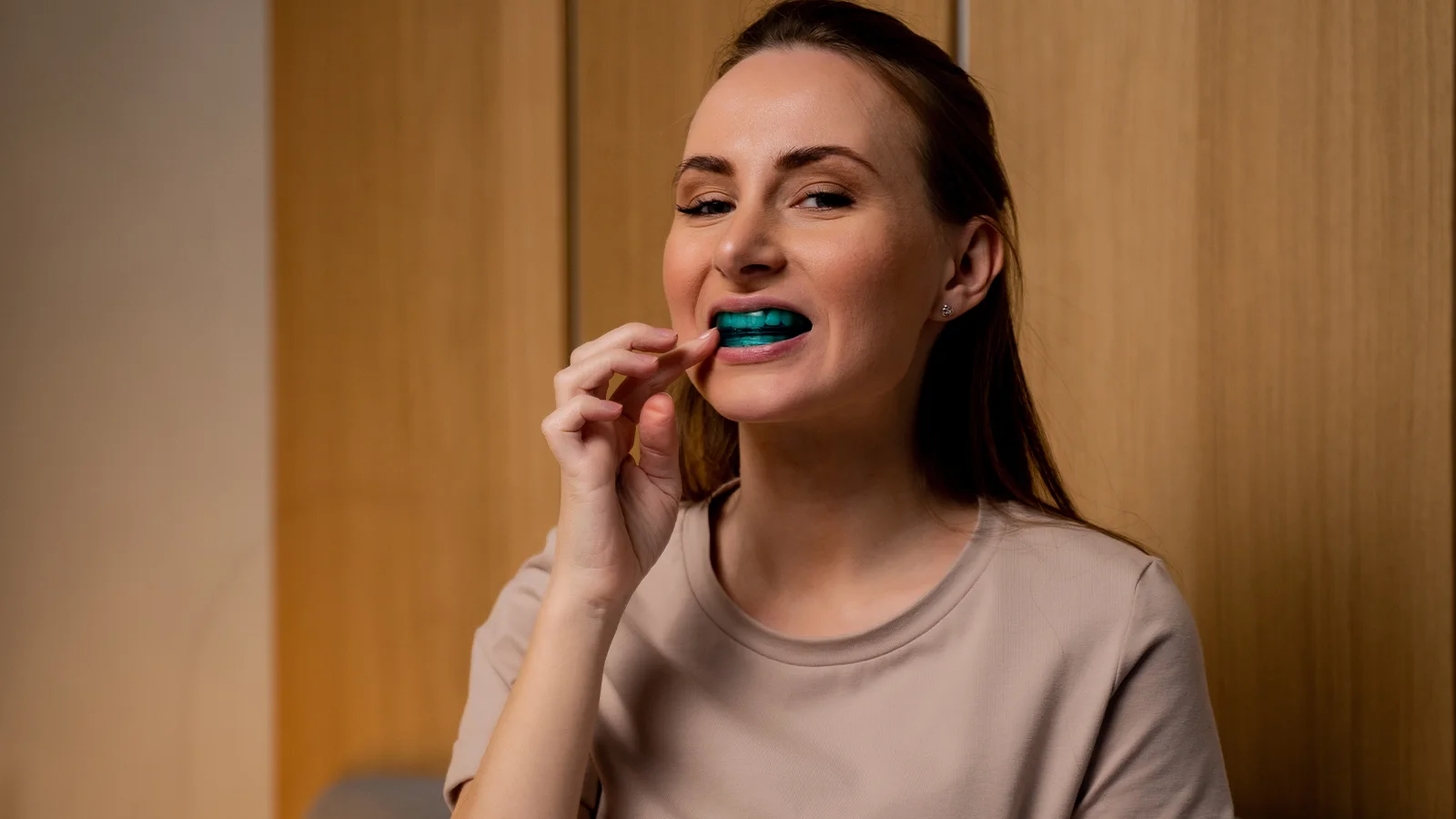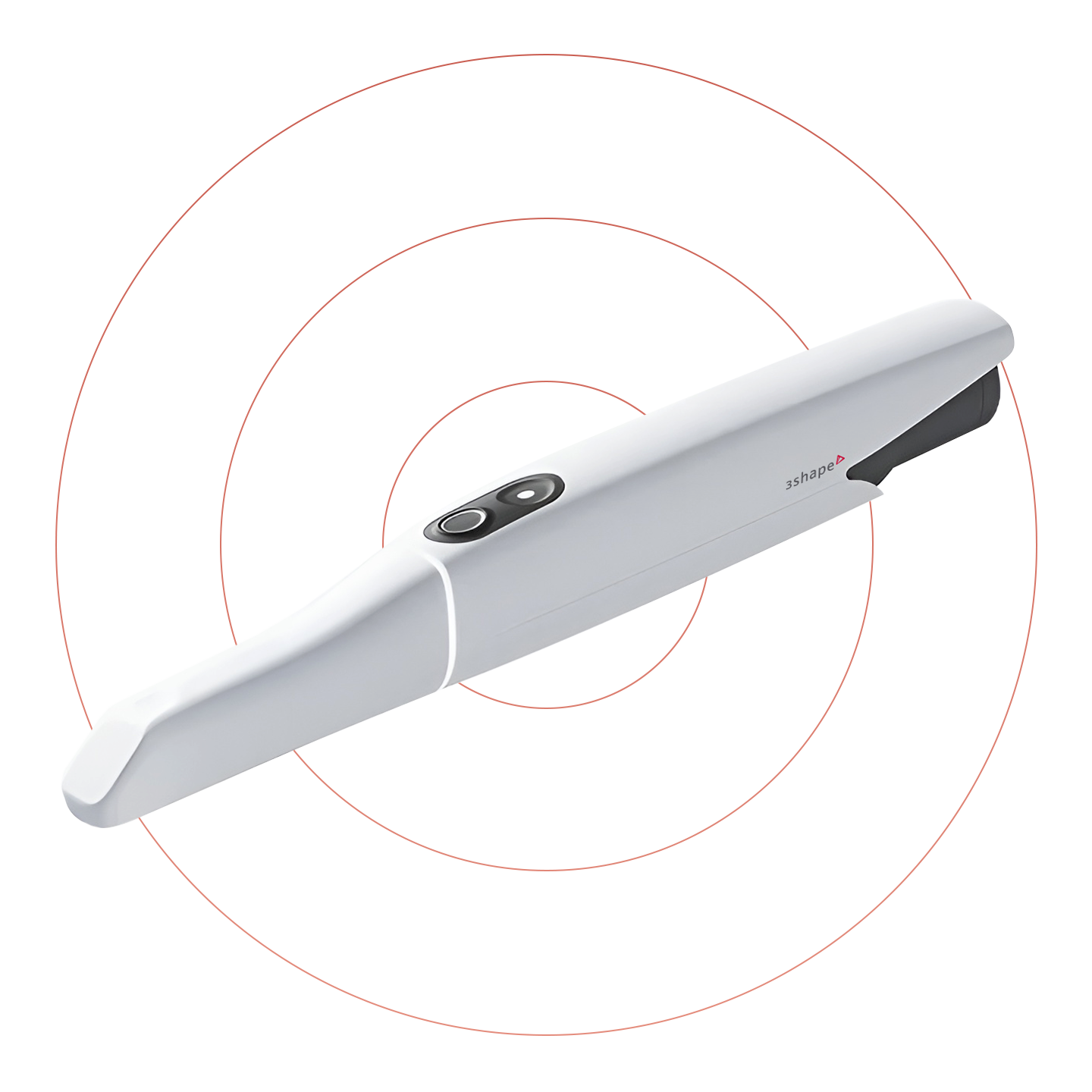Hard vs. Soft Night Guards: Which One is Right for You?
If you wake up with a sore jaw, headaches, or notice your teeth are wearing down, you may be dealing with bruxism. This condition, which involves grinding or clenching your teeth, often occurs during sleep and can lead to serious dental problems if left untreated. Thankfully, dental night guards offer an effective way to manage bruxism and protect your teeth.
When it comes to selecting a night guard, you’ll typically find two main options: hard and soft night guards. Choosing the right one can make all the difference in your comfort and treatment outcomes. Below, we’ll break down the key differences, benefits, and use cases for hard and soft night guards, as well as how hybrid guards provide a middle-ground solution.
What is Bruxism and Why Does it Matter?
Bruxism affects an estimated 10-15% of adults and can result in tooth damage, jaw pain, and even temporomandibular joint (TMJ) disorders. It’s often triggered by stress, sleep disorders, or misaligned teeth. Left untreated, bruxism can cause:
- Cracked or chipped teeth
- Erosion of enamel
- Persistent headaches and facial pain
- TMJ issues, like limited jaw motion or clicking sounds
Night guards, also known as dental night guards or occlusal splints, help manage these symptoms by creating a protective barrier between your upper and lower teeth. They cushion the forces created by grinding or clenching and reduce the strain on jaw muscles and joints.
The next step is deciding which type of guard is best for your needs. This depends on factors like the severity of your bruxism, your comfort level, and whether you also need TMJ relief.
Comparing Hard and Soft Night Guards
Not all night guards are created equal, and understanding the basic differences between hard and soft options will help you make an informed decision. Here's what you need to know.
Soft Night Guards
Soft night guards are made from flexible materials like silicone or modified ethyl methacrylate. They are typically thinner and more pliable than their hard counterparts, making them a popular choice for patients with mild to moderate bruxism.
Pros of Soft Night Guards:
- Comfortable Fit
Thanks to their softness and flexibility, these guards feel less obtrusive in the mouth, making them easier for new wearers to adapt to. - Affordable Price
Soft guards are generally more budget-friendly, costing less than custom hard guards. - Ideal for Light Grinding or Clenching
Patients with minimal grinding or occasional clenching benefit most from this softer protection.
Cons of Soft Night Guards:
- Durability Issues
Soft materials wear down quickly and may need frequent replacement, especially for those with moderate grinding habits. - Encourages Chewing
For some users, the soft texture can trigger an unconscious chewing habit, worsening grinding or clenching. - Less Protection
These guards don’t offer the same level of protection as hard options, making them unsuitable for severe bruxism cases.
Soft night guards work well for patients prioritizing comfort, especially if they're tackling mild bruxism or TMJ discomfort. However, if your symptoms are more pronounced, hard night guards may be a better fit.
Hard Night Guards
Hard night guards are made of durable, rigid materials like acrylic or copolyester. Designed to withstand heavy grinding, they offer robust protection and are ideal for severe cases of bruxism.
Pros of Hard Night Guards:
- Long-Lasting Durability
Their rigid structure makes them far more resistant to wear and tear compared to soft guards, providing a longer lifespan. - Superior Protection
Hard night guards can withstand the high forces created by heavy grinding, protecting your teeth from damage and reducing jaw strain. - Helps with TMJ Relief
For individuals with TMJ disorders, the structure of hard guards supports the jaw and helps alleviate related symptoms.
Cons of Hard Night Guards:
- Higher Cost
Custom-fitted hard guards are more expensive due to their advanced materials and intricate manufacturing process. - Adjustment Period
Hard guards tend to feel bulkier in the mouth, and some users need time to get used to wearing them. - Not Ideal for Sensitive Teeth
Their rigid design might feel uncomfortable for patients with sensitive gums or teeth.
Hard night guards provide unmatched protection for people dealing with severe grinding or significant TMJ issues. However, comfort can be a consideration, particularly during the initial adjustment period.
Choosing Between Hard and Soft Night Guards
When deciding between these two options, consider the following factors:
- Severity of Bruxism:
- Light grinding? A soft guard should suffice.
- Severe grinding? Opt for a hard guard for maximum protection.
- Comfort Needs:
- If you prioritize comfort above all else, a soft guard might suit you better.
- Durability Requirements:
- Looking for something long-lasting? Go with a hard guard.
- TMJ Relief:
- Hard night guards are better equipped to manage symptoms of TMJ disorders.
A Third Option: Hybrid Night Guards
What if neither hard nor soft night guards seem like the perfect fit? Hybrid night guards combine the best of both worlds. These guards feature a soft inner layer for comfort and a hard, durable exterior for protection.
Hybrid guards are ideal for patients wanting durability without sacrificing comfort or for those with moderate to severe bruxism who find hard guards uncomfortable. They also work well in delivering TMJ relief through cushioning combined with sturdy jaw support.
Why Custom-Fitted Guards Are Essential
Whether you choose a hard, soft, or hybrid night guard, customizing the fit is key to effective bruxism treatment. Over-the-counter (OTC) guards are cheaper upfront, but their one-size-fits-all design can lead to improper fit, increasing discomfort or even worsening grinding.
Custom night guards are made from impressions of your teeth, ensuring a snug fit and even pressure distribution. By partnering with your dentist or a reliable dental lab, you can ensure your appliance meets your specific needs.
Final Thoughts
Both hard and soft night guards are valuable tools in managing bruxism and TMJ disorders, but the best choice depends on individual factors like grinding severity, comfort preferences, and budget. For those still on the fence, hybrid guards offer an innovative alternative.
Protecting your teeth from the effects of bruxism is an investment in your long-term oral health. The right night guard can save you from costly dental procedures and provide much-needed relief. If you’re unsure which type is right for you, consult a dental professional for personalized guidance.
Take the first step in bruxism treatment today and stop letting grinding get in the way of your health and sleep!


